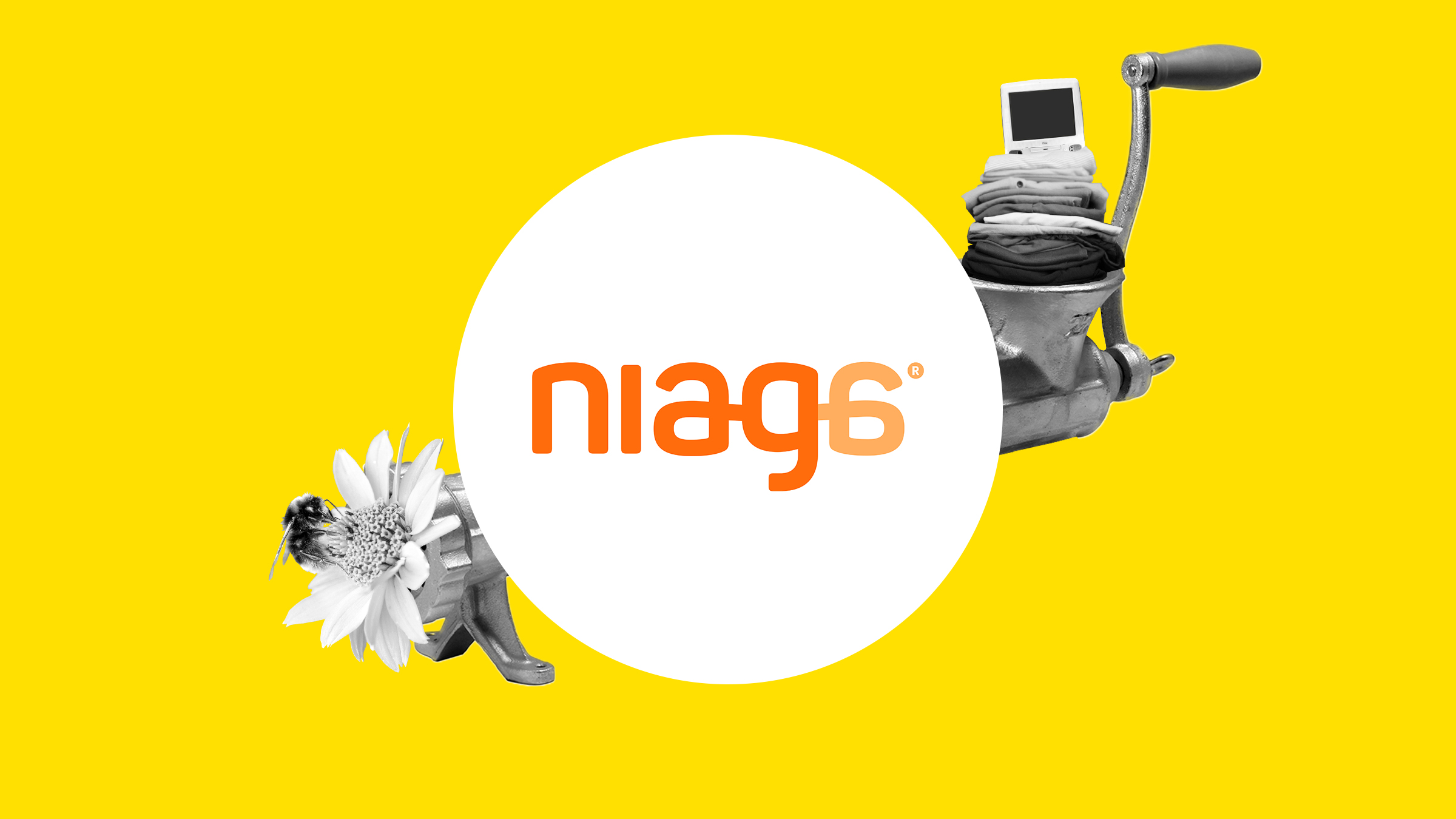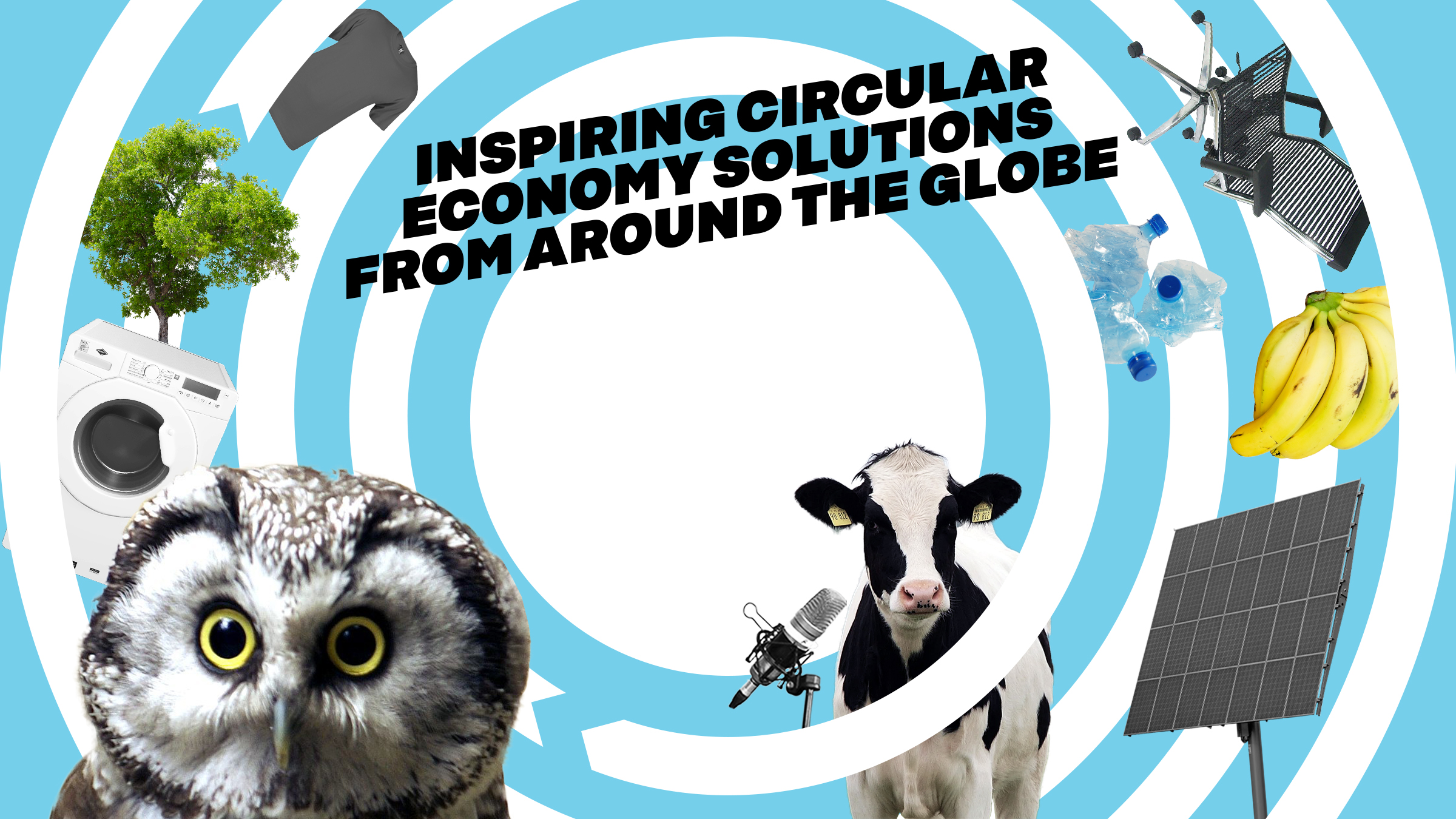The DSM-Niaga approach unlocks circular design for everyday products, such as carpets, mattresses, and furniture panels. The solution is based on designing these products with the simplest combination of non-toxic materials, which makes them safe and durable but also easy to disassemble for product-to-product recycling. Niaga® carpets, mattresses and furniture panels are already available on the market and further redesigns are underway.
Niaga started with a sense of urgency to address the vast amounts of global carpeting waste. Chris Reutelingsperger, Niaga’s founder, set out to design everyday products that could fully become the same product again. Hence the name Niaga – “again” spelled backwards. By joining forces with DSM and making use of their materials expertise, DSM-Niaga was able to develop a polyester “click-unclick” adhesive. Using this innovation, DSM-Niaga unveiled its first product, a mono-polyester carpet which can be 100 per cent recycled, again and again.
Problem
Around 4.5 billion m² of carpet, 35 million mattresses and 10 million tons of furniture are thrown away each year. These waste streams pile up in landfills or end up in waste incineration plants, causing the loss of precious resources and materials, increased CO2 emissions and the accumulation of hazardous toxins in the air, water, soil and living organisms.
Solution
DSM-Niaga’s circular design approach aims at reducing the massive waste of everyday products they design by rethinking their products from the ground up. Their technology, product designs and material innovations are offered to producers. Products made with the DSM-Niaga technology generally use less material, allow for lower transportation emissions due to less weight, use less energy in production and can easily be recycled for product-to-product reuse. Each product is marked with a “Niaga” tag, which includes a material passport to guarantee transparency on the materials used and to facilitate recycling.
Circularity is a central part of the venture’s identity, and the company raises awareness of circular economy principles throughout the industries they operate in. DSM-Niaga seeks likeminded value chain partners that want to collaborate on transparency, clean materials and material recovery. By adopting several different business models for distributing the technology, DSM-Niaga’s solution can be used throughout different value chains and industries and is easily scalable.
Environmental impact
Carpets, mattresses and furniture are among the top 10 most voluminous waste streams, which often contain hazardous volatile organic compounds. DSM-Niaga’s solution reduces both the enormous amount of waste headed to landfills and incineration plants and the need for virgin resource extraction. DSM-Niaga production machines do not use water and they require, on average, 80 per cent less energy than traditional methods.
Social impact
DSM-Niaga has an indirect impact on improved health and thus quality of life for consumers. Carpets, mattresses and furniture panels that are designed for reuse according to Niaga’s principles do not include any added chemicals, preserve indoor air quality and reduce the risk for respiratory problems and allergies


Inspired?
Check out all solutions.